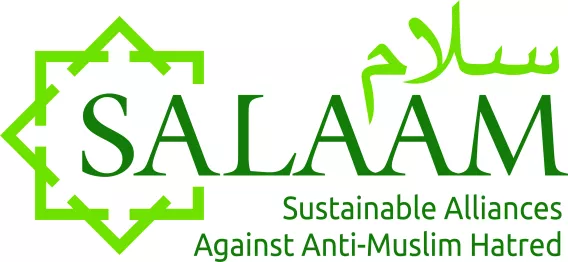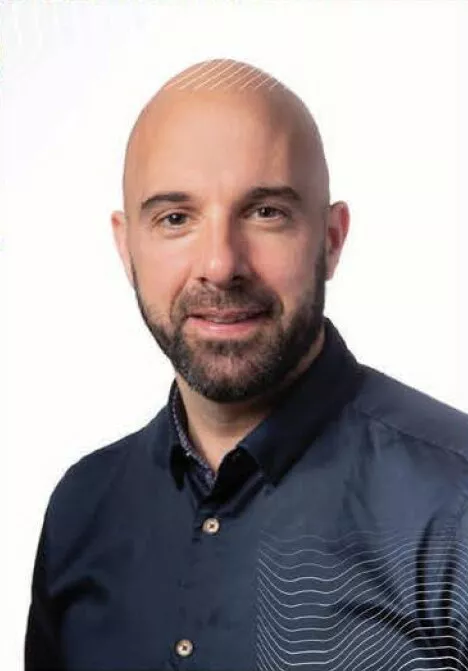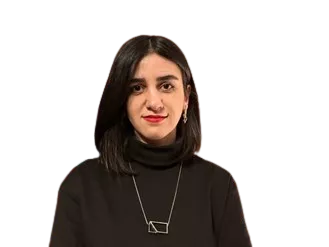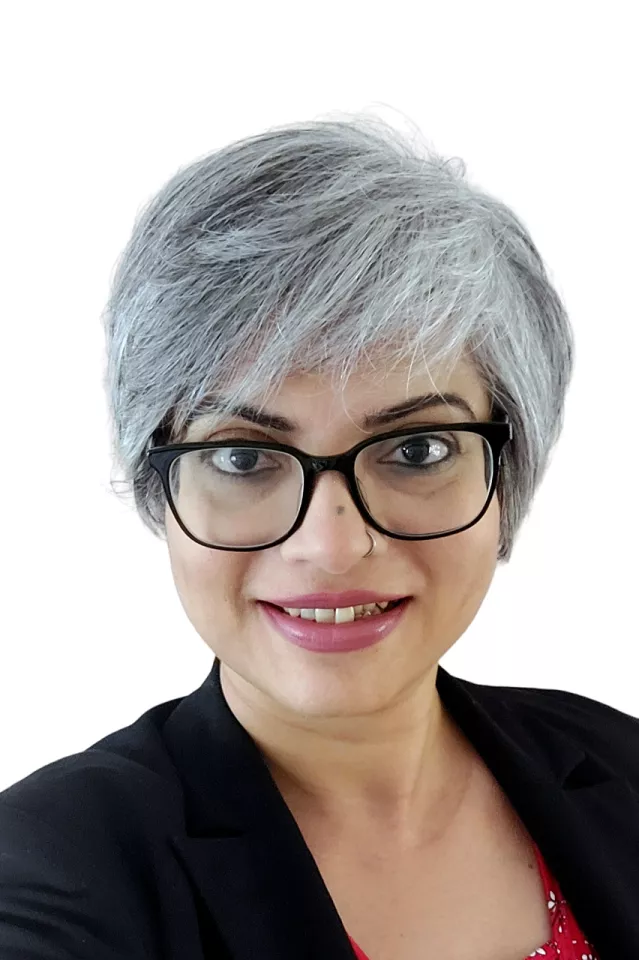


The fight against anti-Muslim hatred in Europe has gathered momentum of late. Various initiatives including the EU Anti-Racism Action Plan (2020-2025); those sponsored by the EU Commission’s coordinator on combatting anti-Muslim hatred; run alongside multifarious efforts of EU based civil society actors.
SALAAM builds on and complements these initiatives, focusing on Muslim communities in Ireland as a case study of diversity. Working with Local Authorities in Dublin, Cork, Galway and Limerick,
SALAAM will utilise legislative and policy developments, designed to combat racism in Ireland, as a springboard from which to fight anti-Muslim hatred through: training and education (Local Authority staff and Muslim communities); improved supports for those who experience anti-Muslim hatred; the development of sustainable participation platforms and public awareness campaigns.
Importantly, SALAAM will be undertaken in partnership with Muslim communities in the four participating cities. This inclusive approach lies at the heart of SALAAM and will be vital for its success, ensuring:
- that the work is informed by the perspectives of those targeted with anti-Muslim hatred; and
- the long-term sustainability of project outputs.
Read James Carr's article

Dr James Carr is a Senior Lecturer in the Department of Sociology, University of Limerick. In 2016, James published his book Experiences of Islamophobia: Living with Racism in the Neoliberal Era (London and New York: Routledge), focusing on anti-Muslim racism in Ireland. In addition to scholarly articles, James has also published research with the Immigrant Council of Ireland ('Islamophobia in Dublin: Experiences and how to respond'); and has authored the European Islamophobia Report for Ireland (2015-2021). In 2022, James was awarded funding from the European Commission for his project: Sustainable Alliances Against Anti-Muslim Hatred (SALAAM) which runs until 2024.
Tiba Bonyad (she/her) is a Postdoctoral Researcher in the Sustainable Alliances Against Anti-Muslim Hatred (SALAAM) project. Before joining SALAAM, Tiba was a teaching fellow at the Near and Middle Eastern Department of Trinity College Dublin, where she taught modules on Gender, Islam and Europe. She was awarded her PhD in Sociology from the University of Manchester in 2023. In her research project, Tiba investigated gendered biopolitics of human egg provision in Iran. She holds an MA in Gender Studies from Central European University, an MSc in Communication Studies from Free University of Brussels, and two BA degrees in Sociology and Communication Studies from the University of Tehran. Her areas of expertise are in the sociology of health and illness, qualitative methodology, sociology of religion, and feminist science and technology studies.


Patrick Fox is an Educational Technologist working on the SALAAM project at the University of Limerick. Armed with eight years of teaching experience and a Master’s Degree in Screenwriting, Patrick possesses a deep understanding of narrative structure and visual storytelling techniques. He combines educational principles with engaging digital experiences, aiming to captivate learners and facilitate knowledge acquisition. Throughout his career, Patrick has collaborated with educational institutions, educators, and instructional designers to leverage technology as an educational tool.
Dr Nasrin Khandoker was a Postdoctoral Researcher in the Sustainable Alliances Against Anti-Muslim Hatred (SALAAM) project, at the University of Limerick from 2022 - 2023. Before that, she was a Post-doctoral Fellow in the GBV-MIG project at NUIG and an associate professor in the Department of Anthropology, Jahangirnagar University. In addition to a Master’s degree from the Department of Anthropology, Jahangirnagar University, she was awarded a MA in Gender Studies from Central European University, Hungary, in 2014. She received a Wenner-Gren Wadsworth fellowship from US and John and Pat Hume scholarship from Maynooth University for her PhD, awarded in 2021.

